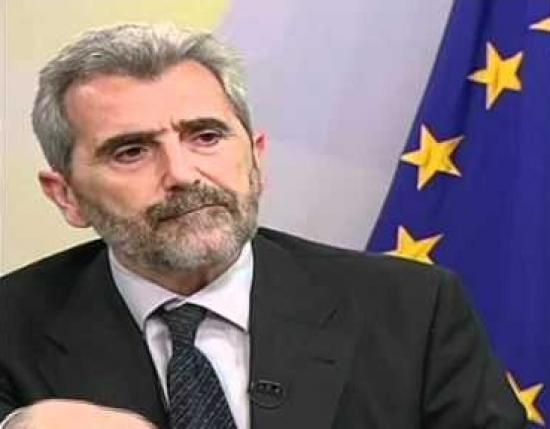In 2015, representatives of 195 countries met in Paris for the United Nations Climate Change Conference (COP 21) to discuss the impact of climate change on societies, their livelihoods and their cultural heritage. Evidence suggests that torrential downpours, violent and unexpected storms, heat waves, new records in pollution and landslides are increasingly frequent. Over the last few years alone, there has been a rise in the amount of incidents (earthquakes, acts of vandalism, wars, floods & fires) causing irreversible damage to cultural and heritage sites. We must not forget these sites are a record of our collective memory and their loss represents, in a sense, a loss of our own identity. Portugal has had its share of heritage disasters. These include, amongst others: large earthquakes in Lisbon and Angra do Heroísmo; fires in the Palaces of Queluz and Ajuda, the Church of São Domingos and the theatre of D. Maria; a flood in 1967 that caused damage to the Gulbenkian Foundation’s collection. These are but a few from a long list of such disasters.



